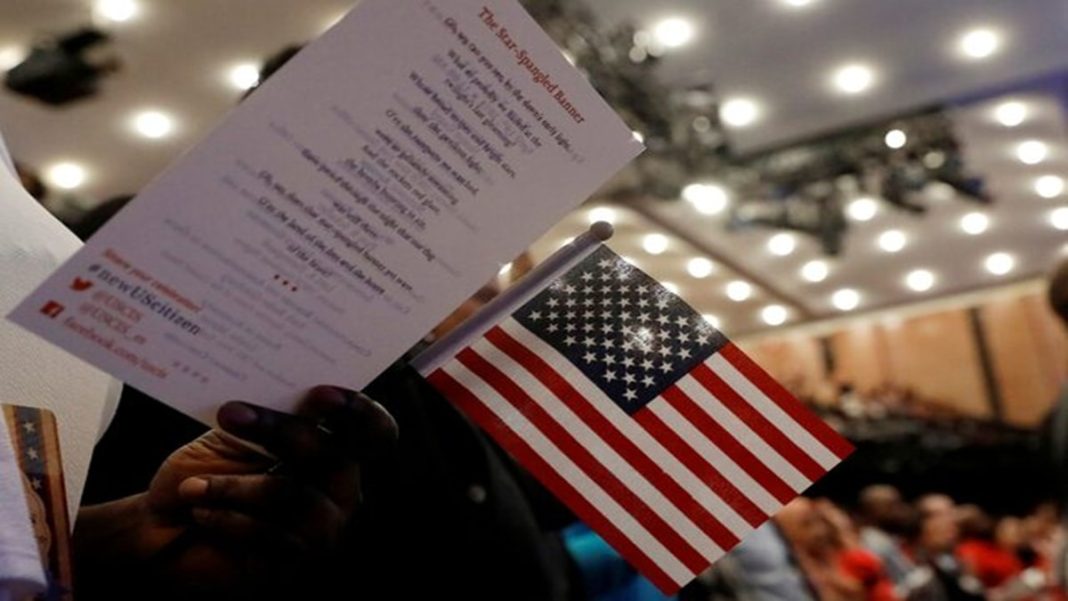Key Takeaways
- US embassies worldwide are implementing stricter “public charge” screening for visa applicants.
- Applicants with certain medical conditions or deemed likely to use public benefits may be denied entry.
- The policy is a stricter interpretation of a long-standing immigration rule, not a new law.
The US government has intensified its immigration enforcement with new directives requiring strict application of the “public charge” provision. A State Department cable instructs embassies globally to deny visas to applicants with specific medical conditions or those considered likely to rely on public assistance.
The policy targets individuals with conditions requiring extensive medical care, including cardiovascular diseases, respiratory illnesses, cancers, diabetes, and mental health disorders. An official cable indicated such treatments could cost “hundreds of thousands of dollars’ worth of care.”
“Self-sufficiency has been a longstanding principle of U.S. immigration policy and the public charge ground of inadmissibility has been a part of our immigration law for more than 100 years,” Fox News quoted the memo as saying.
Enhanced Screening Factors
Consular officers are now directed to consider an applicant’s likelihood of using public benefits, including past government aid usage. The US Department of Citizenship and Immigration Services evaluates multiple factors:
- Age and health status
- Family status and financial resources
- Assets, education, and skills
Existing Policy, Stricter Enforcement
The “public charge” provision isn’t new—it has existed in US immigration law for over a century. However, enforcement was more lenient during the Biden administration. The current administration has adopted a stringent interpretation, reactivating this long-standing rule.
“The public charge ground of inadmissibility has been a part of US immigration law for more than 100 years. An alien who is likely at any time to become a public charge is inadmissible and ineligible for a visa, admission to the United States, or for adjustment of status to that of lawful permanent resident,” an earlier notice reminds.
Determining Inadmissibility
A September Department of Homeland Security memo confirmed there’s no definitive test for public charge determinations. Instead, officers assess the “totality of the alien’s circumstances,” relying heavily on consular judgment. This subjective approach means individual officer discretion plays a significant role in visa approvals.
The Trump administration has also introduced multiple new fees, including a $250 ‘Visa Integrity Fee’ implemented in early October, as part of broader immigration changes.




